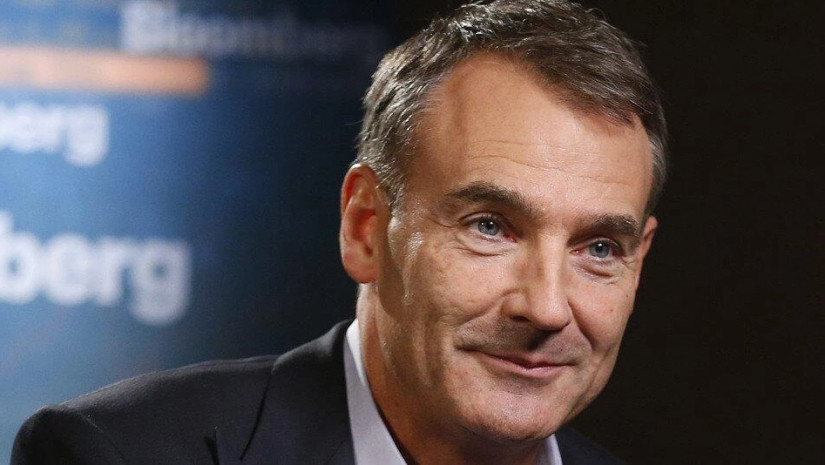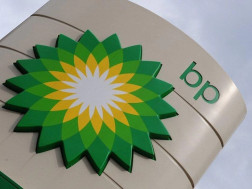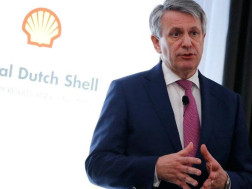BP CEO Bernard Looney's 2022 pay packet more than doubled to around $12 million on the back of bumper profits amid spiralling energy prices, while BP's emissions were broadly unchanged, its annual report showed on Friday.
BP reported a record profit of $28 billion for 2022 and hiked its dividend, but infuriated climate activists by rowing back on plans to slash oil and gas output and reduce carbon emissions by 2030.
Looney's base salary of 1.3 million pounds was topped up by retirement benefits and performance-related elements including an annual bonus and shares to 10.03 million pounds ($11.99 million), more than double the 4.46 million pounds he was awarded in 2021.
The ex-CEO of energy rival Shell, Ben van Beurden, saw his pay package rise 53% to 9.7 million pounds after Shell reported record profits of $40 billion.
"Instead of allowing these huge payouts to end up in the pockets of CEOs, the government must step in with a proper tax on the oil industry and its profits, channel the money into stopping energy waste from homes, and invest in green heating schemes," said Greenpeace UK’s head of climate Mel Evans.
BP's shares were down around 2% at 547 pence at 1042 GMT compared with a 1.2% drop for an index of European oil and gas firms.
EMISSIONS
BP's emissions in 2022 were broadly unchanged from the previous year at around 340 million tonnes of CO2 equivalent, according to its annual report and Reuters calculations.
Unlike Shell, BP in its figures excludes emissions from fuels it sells that are derived from crude oil it does not produce.
BP has already achieved its 2025 aim of reducing its well-to-forecourt emissions by 10-15% against a 2019 baseline. By 2030 it aims to cut these by 20-30% and to achieve net zero emissions by 2050.
BP said it would stick to these targets despite increasing its hydrocarbon production through to 2025. It plans to reduce its oil and gas output by a quarter by 2030.
Rival Shell, the world's biggest fuel retailer, reported 2022 emissions of around 1.2 billion tonnes of CO2e, including planet-warming gases from the combustion of all fuel it sells regardless of the origin of the crude oil it is refined from.
In comparison, Britain's emissions come to around 400 million tonnes CO2 equivalent a year.
The carbon intensity of the energy products BP sold last year was broadly stable at 77 grams of CO2 equivalent per megajoule, the same as Shell's.
This measure includes all energy BP sells including fuel originally produced by other companies.
Measuring emissions performance by intensity means a company can technically increase its fossil fuel output and overall emissions while using offsets or adding renewable energy or biofuels to its product mix, Reuters reports.
















